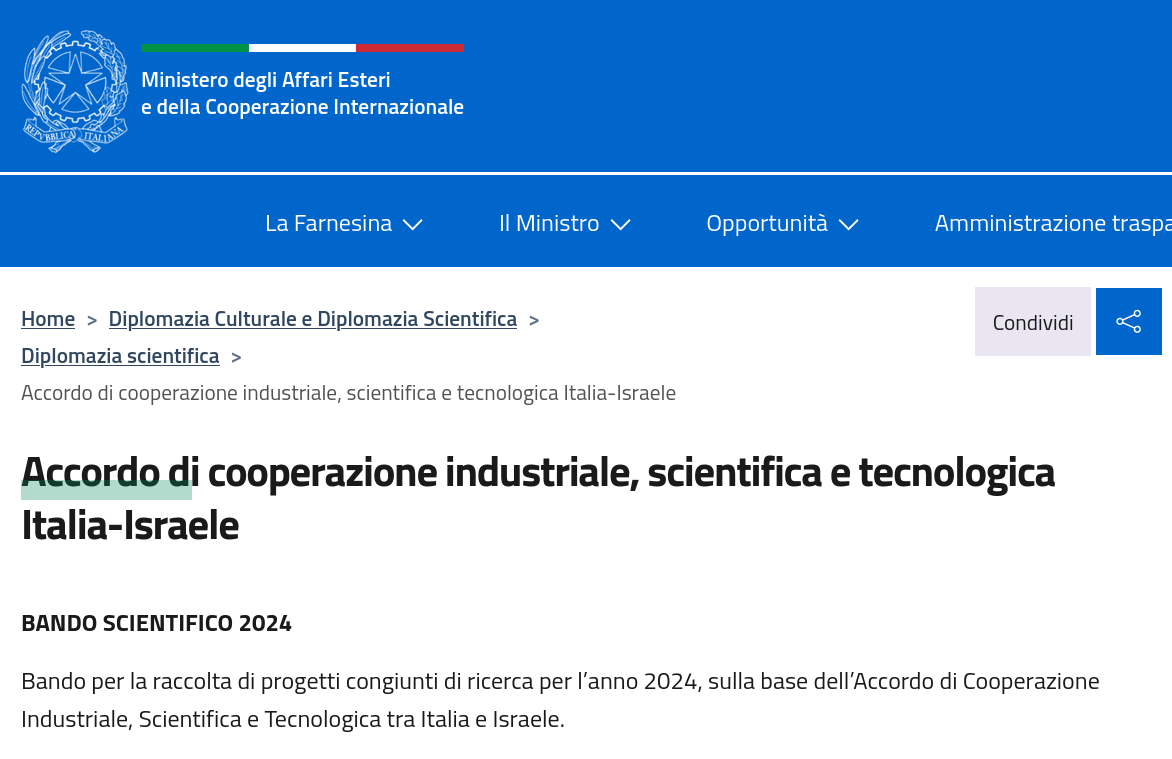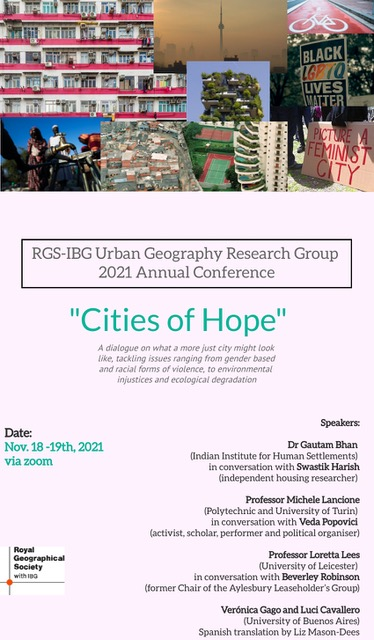Con le bravissime Paola Rivetti e Alessandra Algostino (e tant* altr*) promuoviamo questa lettera indirizzata al Ministero degli Affari Esteri e della Cooperazione Internazionale (MAECI) riguardante la rinnovata cooperazione di ricerca tra istituzioni italiane e israeliane.
Come si puo’ vedere dal bando – https://www.esteri.it/it/diplomazia-culturale-e-diplomazia-scientifica/cooperscientificatecnologica/accordi_coop_indscietec/ – non ci sono indicazioni per escludere che tale cooperazione porti allo sviluppo di tecnologie dual use, anzi: la terza linea di finanziamento e’ chiaramente utilizzabile per lo sviluppo di tecnologie di sorveglianza e controllo.
Chiediamo la sospensione del bando non solo per ragioni morali, ma anche per proteggere le istituzioni italiane che hanno il dovere di prevenzione di genocidio secondo la convenzione del 1948 e che, quindi, collaborando con le istituzioni israeliane, si potrebbero esporre al rischio di complicita’ con quello che la ICJ ha definito ‘un rischio palusibile di genocidio
La nostra lettera: https://docs.google.com/document/d/1Q5uuXmdJeDEyi06Kv1VkLPXAeVkMbfl8gHxPh6JGLQM/edit
Il form per firmarla: https://forms.gle/FC6vSN1Z98mDEy75A


